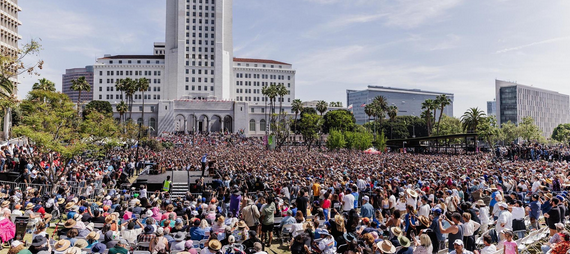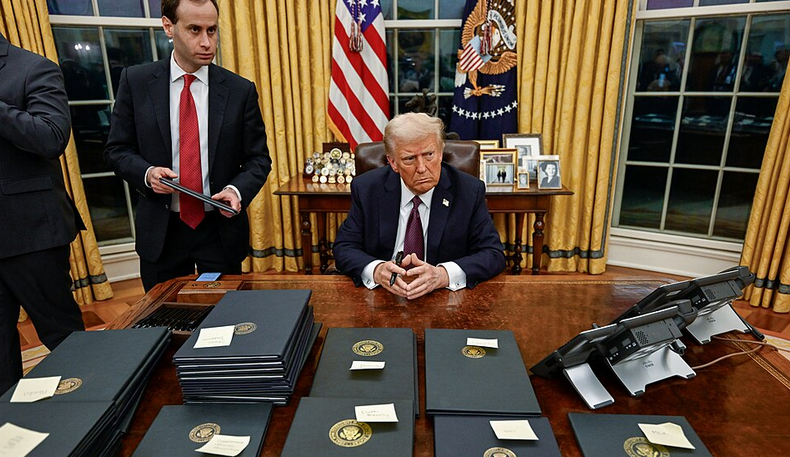[The Supreme Court]
I am disgusted by Justice Thomas’s continued willingness to turn his back on his own race and deny his brothers and sisters the same benefits and protections that helped him throughout his career.
Justice Thomas voted Monday to restrict racial considerations in college admissions, and continues to draw absurd comparisons between affirmative action and Jim Crow laws. The very reason that Black Americans and people of color depend on affirmative action and the Voting Rights Act is because of the horrifying practices in the Deep South and elsewhere that held down the community of people of color for so long.
When Justice Thomas voted to strike down a key measure of this landmark law on Voting Rights, he ensured that parts of this country will have the opportunity to bring back the scourge of Jim Crow practices and disenfranchise Black Americans and people of color. It is almost unbelievable that a man who has benefitted from these vital protections in our community is now dismantling them piece by piece. It is unfortunate that the man who succeeded Thurgood Marshall on the Supreme Court has been such a counterproductive force in the struggle for equality.
Monday, in Fisher v. The University of Texas at Austin, the Supreme Court decided 7-1 that a university’s use of race must meet a test known as “strict scrutiny” under which affirmative action will only be constitutional if it is “narrowly tailored” and demonstrated to be “necessary” to have a diverse student body. Universities must demonstrate that there is no other realistic alternative that does not use race to create a diverse student body. The Court’s decision will send this particular case to a lower court for further review as it applies affirmative action decisions on a case-by-case basis in the lower federal Courts.
In Shelby County v. Holder, the Supreme Court decided 5-4 that Section 4 of the Voting Rights Act is unconstitutional. Section 4 contains the formula used by Congress to determine which areas of the United States require federal oversight in their elections based on a history of racial discrimination at the voting booth. The Court upheld Section 5, which requires these counties with a history of electoral discrimination receive “preclearance” from the federal government before making any changes to their election laws. However, without the formula in Section 4, Congress no longer has a way of determining which counties to oversee. Until Congress passes a new formula, Shelby County and other areas affected by the Voting Rights Act no longer have to gain preclearance in order to make changes to their election laws and procedures.
Opinion from Justice Thomas on Affirmative Action:
“Unfortunately for the University, the educational benefits flowing from student body diversity – assuming they exist – hardly qualify as a compelling state interest. Indeed, the argument that educational benefits justify racial discrimination was advanced in support of racial segregation in the 1950’s, but emphatically rejected by this Court. And just as the alleged educational benefits of segregation were insufficient to justify racial discrimination then … the alleged educational benefits of diversity cannot justify racial discrimination today.”
Opinion from Justice Thomas on Voting Rights:
“However one aggregates the data compiled by Congress, it cannot justify the considerable burdens created by §5.”
Bertha Lewis is President of The Black Institute
The mission of The Black Institute is to generate intellectual discourse that will impact public policy from a uniquely Black perspective (a perspective which includes all people of color in the United States and throughout the Diaspora).






